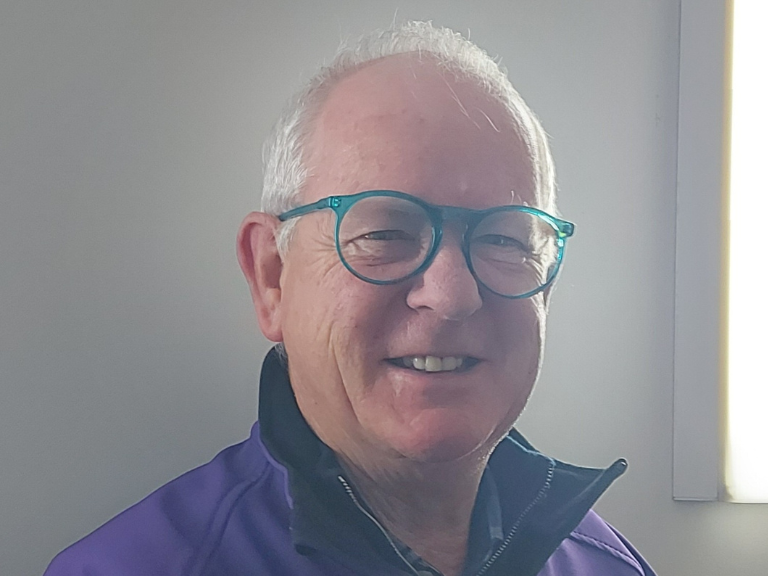The Sussex Cancer Fund is delighted to be highlighting an exciting project, which will ultimately help the development of a non-invasive blood test for diagnosing cancer and personalising therapies.
The project
The project is headed by Professor Georgios Giamas, Professor of Cancer Cell Signalling & Head of Department for Biochemistry and Biomedicine at the University of Sussex – School of Life Sciences.
The project’s aim is to create a liquid biopsy using a patient’s blood sample to easily test for the existence of markers that can signal the presence of cancer. The potential impact of developing a liquid biopsy to spot deep tissue cancers is truly exciting.
Rather than taking a piece of the tissue in question, liquid biopsies allow doctors to take a small sample of blood and test for a range of biomarkers that can help identify the subtype of tumour present. As well as being less invasive for patients, this technique holds the promise of earlier diagnosis, something that is invaluable for those with an aggressive tumour that severely cuts life expectancy and is often diagnosed late in the disease process when symptoms become advanced. In addition, taking blood for a liquid biopsy would be much more cost-effective than a tissue biopsy, which requires a surgical procedure.
You can read more here:
ecancer: Aggressive brain tumour could be diagnosed with simple blood test in future
Medical Xpress: Aggressive brain tumor could be diagnosed with simple blood test in future
How will it work?
The complex interactions between cancer cells and their surrounding micro-environment are amongst the parameters that make cancer treatment challenging. Extracellular vesicles are known to facilitate intercellular communication in diverse cellular processes such as immune responses and coagulation. Extracellular vesicles (EVs) represent one of the means of such tight intercellular communication. There has been a lot of interest in EVs for their potential roles in various normal and pathological conditions, while methods for their detection, concentration, and analysis have substantially improved the last 5 years. EVs have gained an increased interest in the last decade as potential biomarker candidates for diagnosis, disease recurrence, and monitoring response to treatment in cancer patients.
What Do They Need To Carry Out This Research?
In order to pursue this project, the research team need a specialist piece of equipment to identify EVs. They have chosen the Exoview R100 as their preferred tool. The equipment costs around £90k but they are delighted to have secured some match funding which means they need to raise about £40k of additional funds to pursue this project.
The Exoview R100 instrument, thanks to its core technology based on antigen-specific capturing of EVs via a microarray chip functionalized with antibodies, limits the required volume of sample to be analysed (eg. blood, plasma, saliva, urine, cell culture media, etc…). Moreover, no purification of samples (including blood plasma) is required, meaning that Exoview R100 can analyse unprocessed samples without the need for pre-purification. This circumvents all the laborious, time-consuming, and biased isolation and centrifugation steps and in addition, it improves time and investment costs that are associated with typical EV workflows. Finally, it is worth mentioning that all the steps are fully automated (including the final analysis and data acquisition), guaranteeing accurate, reliable, and reproducible results.
In summary, the ability to measure EVs in an antigen-specific way is critically important for fundamental EV research as well as for rare event detection in diagnostic (aid diagnosis) and therapeutic applications (treatments). Disease-specific EVs may be present at low concentrations in plasma relative to other circulating EVs and contaminants. The ability to measure specific EVs without purification or bias from other EV populations provides the means to more effectively study these rare events.
The team are in the early stages of this ground-breaking research which could ultimately lead to a non-invasive blood test to identify cancer cells in patients, potentially leading to earlier diagnosis and saving lives.
If you would like to contribute to this project and help buy the necessary equipment please use the donate button below:



